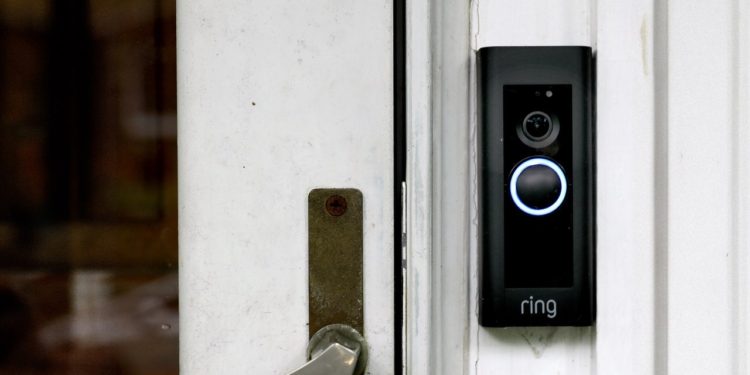By WIRED
Reached for comment, Markey’s office directed WIRED to the senator’s statement posted to X, in which he called the shuttering of the RFA tool “good.”
“I’ve been sounding the alarm for years on Amazon Ring’s privacy and security failures,” Markey added. “We cannot allow Americans’ home security systems to become surveillance tools for law enforcement. We have to prevent Big Tech’s web of surveillance systems from growing.”
Evan Greer, director of civil liberties advocacy group Fight for the Future and a vocal critic of Ring, called the company’s decision today an “unequivocal victory” for those who have campaigned against the company’s surveillance network, but added in their statement that the move “only scratches the surface of addressing the harm done by Ring’s dystopian business model.”
“We need laws. Local, state, and federal elected officials should ban these types of private surveillance partnerships entirely, and should impose strict limits on where homeowners and businesses can place cameras to ensure they are not violating their neighbors’ privacy and rights,” Greer said.
Ring’s Yarger tells WIRED that the decision to shut down the RFA tool was “purely internal” and cited that the company recently hired a new CEO, Liz Hamren, who took over in March 2023. “As you may know, we have a new Ring CEO and leader,” Yarger says. “As we look to the future of Neighbors, we’re focusing our resources on delivering new product and app experiences that we feel are a better fit with Ring’s vision and can better empower our customers to connect with each other, and stay informed by local government and public safety agencies.”
This shift, according to the company’s announcement today, includes the launch of “Ring Moments,” which encourages users to share content that inspires “joy and hope,” such as a video of a bear in a swimming pool or neighbors helping each other shovel snow.
For Ring users still concerned about police overreach, EFF’s Guariglia notes that there are several actions you can take, including enabling end-to-end encryption on your devices. “Be mindful of what your camera is pointed at and what video and audio it may collect from yourself, your family, and your neighbors,” he tells WIRED. “If possible, try to clear your camera’s recorded video/audio as often as is feasible. And most importantly, if police come and ask for your footage, request that they get a warrant.”







Discussion about this post